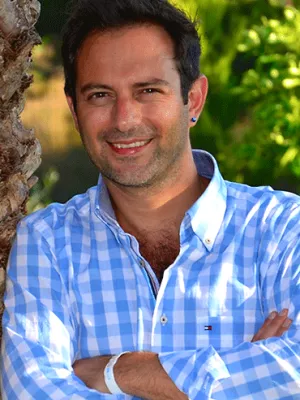
Deniz Koca
Forskare

The WORLD model: Peak metals, minerals, energy, wealth, food and population
Författare
Redaktör
- Elke Husemann
- David Lane
Summary, in English
Avdelning/ar
- Avdelningen för kemiteknik
- Centrum för miljö- och klimatvetenskap (CEC)
Publiceringsår
2012
Språk
Engelska
Sidor
102-102
Publikation/Tidskrift/Serie
Proceedings of the 30th International Conference of the System Dynamics Society
Länkar
Dokumenttyp
Konferensbidrag
Förlag
System Dynamics Society
Ämne
- Chemical Engineering
- Earth and Related Environmental Sciences
Nyckelord
- sustainability
- metals scarcity
- Hubbert’s curve
- systems dynamics
- modelling
- burn-off time
- natural resource
- peak oil
- peal metals
- peak phosphorus
- planetary boundaries
- convergence
- contraction
- global population policy
- EROI
- MROI
- peak wealth
- golden age
- future studies
Conference name
The 30th International Conference of the System Dynamics Society
Conference date
2012-07-22 - 2012-07-26
Conference place
St. Gallen, Switzerland
Status
Published
ISBN/ISSN/Övrigt
- ISBN: 978-1-935056-09-6